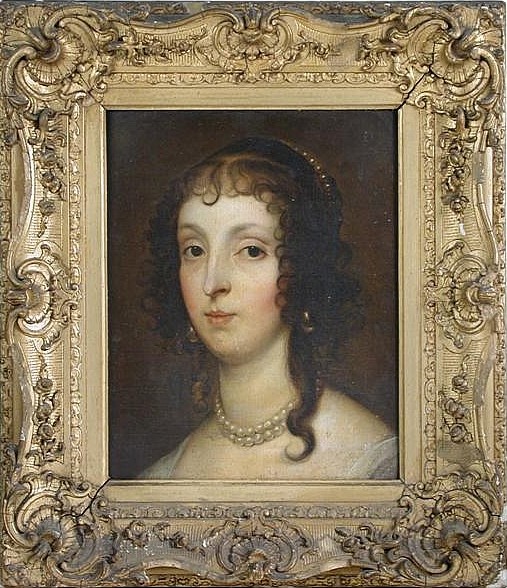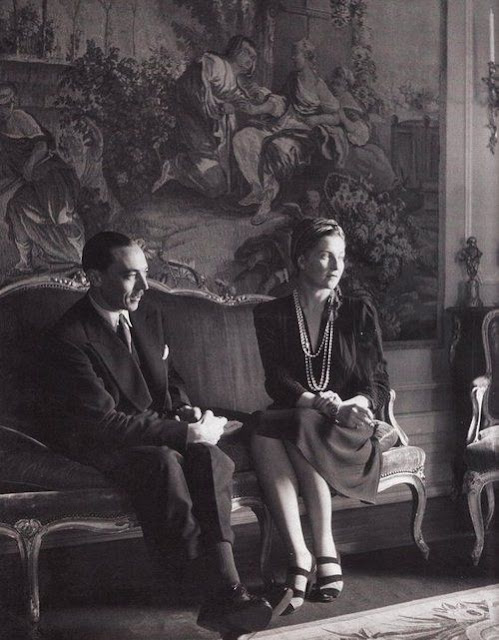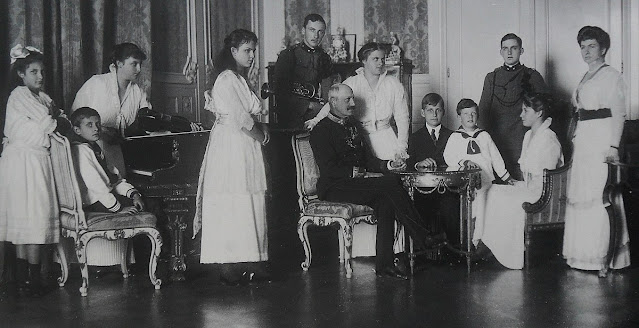Honor and Her Sisters
 |
| Honora Burke, circa 1690 by Theodore Russell |
I've recently become enamored with a set of names I like to call "Honor and Her Sisters", i.e. Honor and all the many forms of it -- from the Latinate lovely, Honoria, to the Breton Enora and the streamlined Nora. Instead of making separate posts for them, since they are so closely related, I thought I would put them all together like this. Please, let me know your favorite, and do you have any "Sister" or "Brother" names you like?
Honor and Honour - A favorite among the Puritans of the 17th century, Honour comes from the Anglo-French onur or honur, derived from the Latin honos, honor or honoris. The first known example of its use is in the 13th century. It means, of course, "to regard or treat with admiration and respect". This virtue name is a popular one among celebrities: both Jessica Alba and Tilda Swinton have daughters named Honor. There is also actress Honor Blackman, best known for playing Pussy Galore in Goldfinger.
Honora - This is a popular English and Irish version, which, depending on who you ask, is pronounced with an audible H at the beginning. Honora Burke was a 17th century noblewoman who married James FitzJames, 1st Duke of Berwick, James II's illegitimate son. Born in County Galway in 1675, Honora was from an Old English family well established in Connacht. She was already widowed and the mother of a child when she met James and fell in love with him. James II was not a fan of the match, since his hopes of securing a marriage that would further the Jacobite cause sat firmly on his son's shoulders. It is believed that she introduced the "country dance", a large gathering of people common in the British isles, to the French court. Honora saw a small amount of popularity in the US during the 1800's, and last ranked in 1899.
Honoria - The female form of Latin Honorius. It is best known as the first name of Lady Dedlock in Charles Dickens' Bleak House.
Honorata - Another female version of a Latin name, this time Honoratus, meaning "esteemed, distinguished". Saint Honorata of Pavia was an Italian nun kidnapped by King Odocaer of the Germanic Heruli and rescued by her brother, Saint Epiphanius. It is sometimes used in Lithuania and Poland, where the feast days are February 8th and January 11th and December 22th, respectively.
Annora - A Medieval variation used by several noblewomen, like Annora of Saint-Valéry, Annora de Manvers, and on one of the fifteen children of Maud de Braose, Lady of La Haie.
Enora and Énora - The Breton form of Honora, coming directly from the Breton word for honor -- enor. Enora was a 6th century Saint, wife to the semi-legendary Saint Efflamm. In legend, he was the son of an Irish King who took a vow of chastity and fled to Brittany on his wedding night. Sometimes Enora is a Saxon princess, other times the Saxon princess is the one he flees and he later weds Enora of his own choosing.
Onóra - An Irish variant of Honora. Onora Sylvia O'Neill, Baroness O'Neill of Bengarve, is a philospher and member of the House of Lords.
Nora and Norah - A favorite of mine, simple and elegant Nora is thought to have first been used as a short form of Honora or Eleanor. Nora has been used on princesses, like Nora of Liechtenstein, and a Saint (born Nora Rubashova, who took the monastic name Catherine), along with many characters, from Nora Helmer in Ibsen's A Doll's House to a rather unknown hobbit called Nora Bolger. Nora boasts of another amazing feat as well -- it has never once left the US's top 1000 names since its inception. Nowadays, it's seeing a bit of a revival; in 2020 it ranked #30.



Comments
Post a Comment